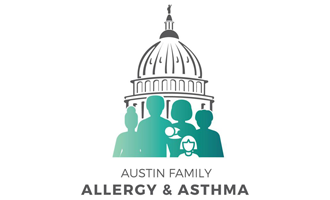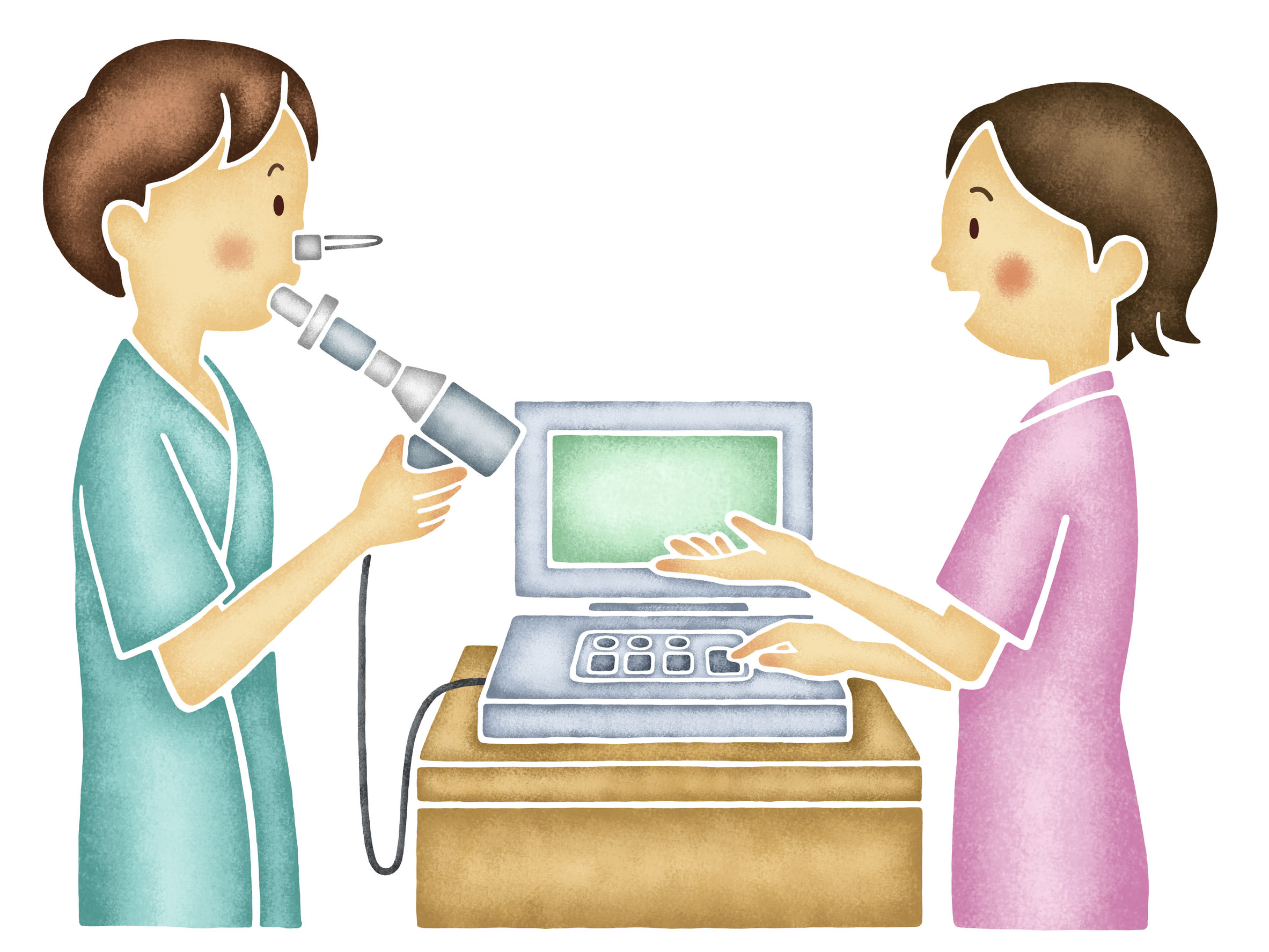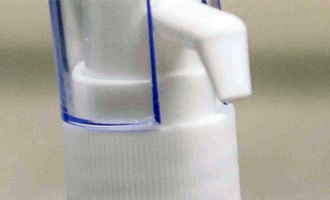Childhood Allergy and Asthma
Allergy and Asthma in Children
Allergies and asthma in children are very common and are a leading cause of absenteeism from school. Their incidence has risen dramatically in the past 10 years.
There is a theory known as the hygiene hypothesis, which speculates that the dramatic reduction in infectious diseases in Western society has caused the immune system to shift away from fighting infections to an allergy-producing mode.
Genetics also play a strong role. Most children with allergies have at least one allergic parent. Childhood allergies may manifest as asthma, hay fever, food allergies, skin allergies and sinus disease.
Allergic Rhinitis – Hay Fever
This is the usual form allergies will take in children, resulting in nasal symptoms such as drainage, itchiness, sneezing and congestion. Some children are easily diagnosed by their long-term sneezing, sniffling, snorting, snoring and mouth breathing due to nasal congestion. In many children allergy symptoms in the nose may be associated with sinus infections, ear infections and asthma.
Children’s allergies may follow a seasonal pattern with increased symptoms during the fall, winter and spring. Others may have symptoms daily throughout the year due to molds, dust or indoor pets.
Childhood allergy should be considered in any child who misses more than a few days of school for respiratory problems or requires antibiotics more than twice a year for sinus infections.
Medications that can help dramatically are available, including prescription and over-the-counter nasal sprays such as Flonase.
Asthma
Childhood asthma is also on the rise, with allergy being a major contributing factor. Just as children’s allergies cause swelling of the nose, they can also cause swelling and inflammation inside the lungs. There is a build up of mucous and a narrowing of the airways, which leads to coughing, wheezing and difficulty breathing. An early warning sign in children is difficulty with exercise and not being able to play sports without coughing or wheezing.
Untreated or under-treated asthma may result in emergency room visits, hospitalization and scarring in the airways. In rare cases, severe asthma can be fatal.
Fortunately, preventative treatment with medications is now available and can reduce all of these complications. These medications are safe, convenient and effective. A lung function test that can be performed in most children older than age four helps to determine which medication is best suited for the individual child.
Food Allergies
Food allergies are on the rise, and peanut allergy has doubled in children in the past 10 years. Egg, milk and peanut are the most common food allergies in childhood. Allergic reactions can begin within minutes of eating the offending food and can be severe, even life-threatening.
An accurate diagnosis of food allergy is important. Skin testing for foods can be performed in children at any age. Avoidance of the offending food and having life-saving adrenalin (EpiPen) available at all times is a must for food-allergic patients.
Sinus Disease
Allergies may cause nasal membrane swelling and stuffiness, which causes sinuses to become blocked and swollen. Many children suffer from sinus disease due to untreated allergies. This may result in colored nasal mucus, bad breath, chronic cough (especially at night), poorly controlled asthma, loss of the sense of smell and dental abnormalities. Prescription and over-the-counter nasal sprays such as Flonase, appropriate antibiotics and rinsing the nose with salt water regularly can be helpful.
Allergy Testing
Allergy testing can be performed at any age, but we limit the number of tests in the younger children. Our clinical staff are very experienced and skilled in working with children.




